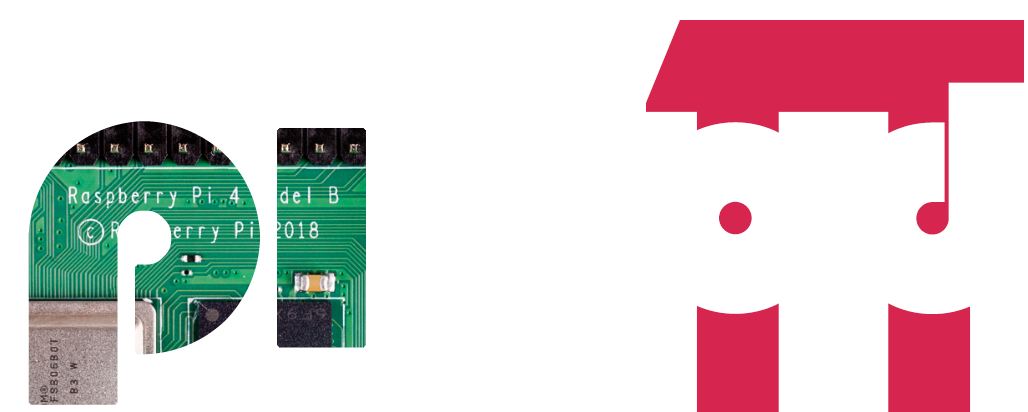
Chelmsford Ideas Festival will be hosting Raspberry Pi workshops this November on the Chelmsford Campus of Anglia Ruskin University.
This one hour workshop shows how electronics and computer programming can be used together to create a real working product.
From that description it sounds like participants will be using the Pi’s GPIO pins to interface with the real world, which is always good to see.
The workshops last for an hour per session and you can get hold of free tickets here.





